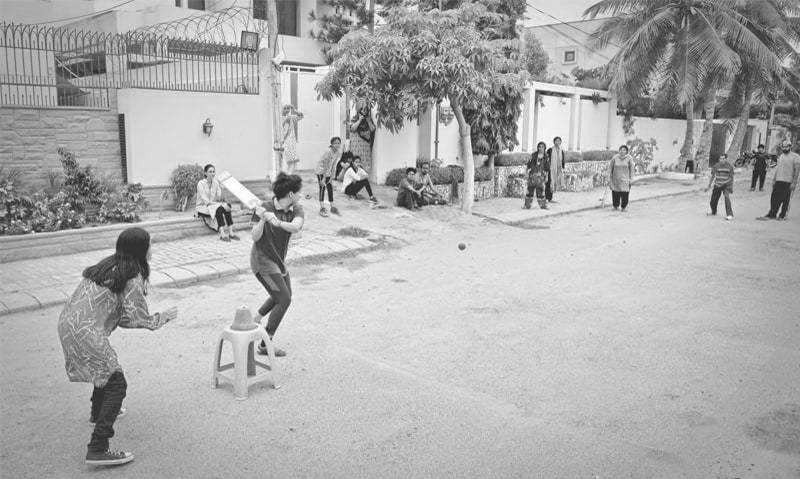Why Loiter? maps the exclusions and negotiations that women from different classes and communities encounter in the nation’s urban public spaces. Basing this book on more than three years of research in Mumbai, Shilpa Phadke, Sameera Khan and Shilpa Ranade argue that though women’s access to urban public space has increased, they still do not have an equal claim to public space in the city. And they raise the question: can women’s access to public space be viewed in isolation from that of other marginal groups?
Even though this book has been associated with women across the border, it reflects the same issues for women here. We under the guise of religion make sure women are never free to roam around, while culture is used to shun women that try to break barriers. In Pakistan, cites, towns and villages have no place for women to feel comfortable and believe that they also have a right over them.
“For women the right to loiter represents the possibility of redefining the terms of their access to public space, not as ‘dependents’ seeking patronage, but as citizens claiming their rights. Unlike dependents, citizens are recognized as contributing, productive partners and therefore, while they are subject to state law, are nonetheless able to claim unconditional rights based purely on the fact of their citizenship. This means that the state’s responsibility to protect its citizens’ right to be in public space must be independent of the individual citizen’s class, caste, religion, gender, age, sexual-orientation, physical ability, clothing, behaviour and perceived morality.”
–Why Loiter? Women And Risk On Mumbai Streets,
Shilpa Phadke, Sameera Khan & Shilpa Ranade (2011)






